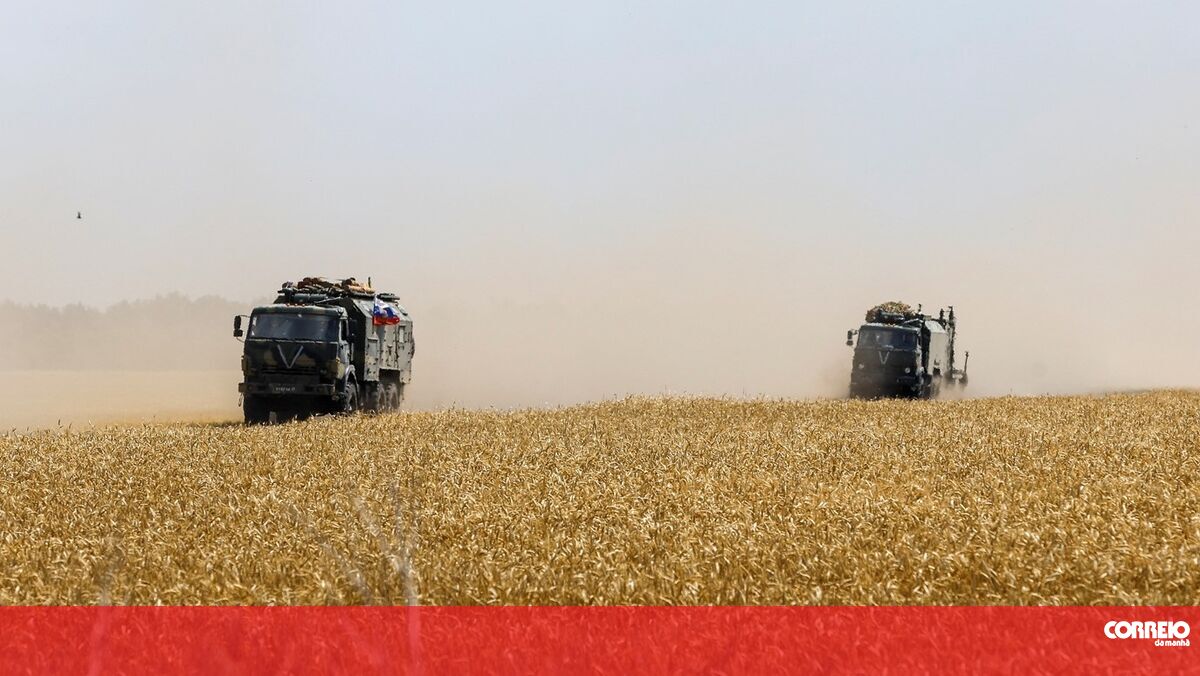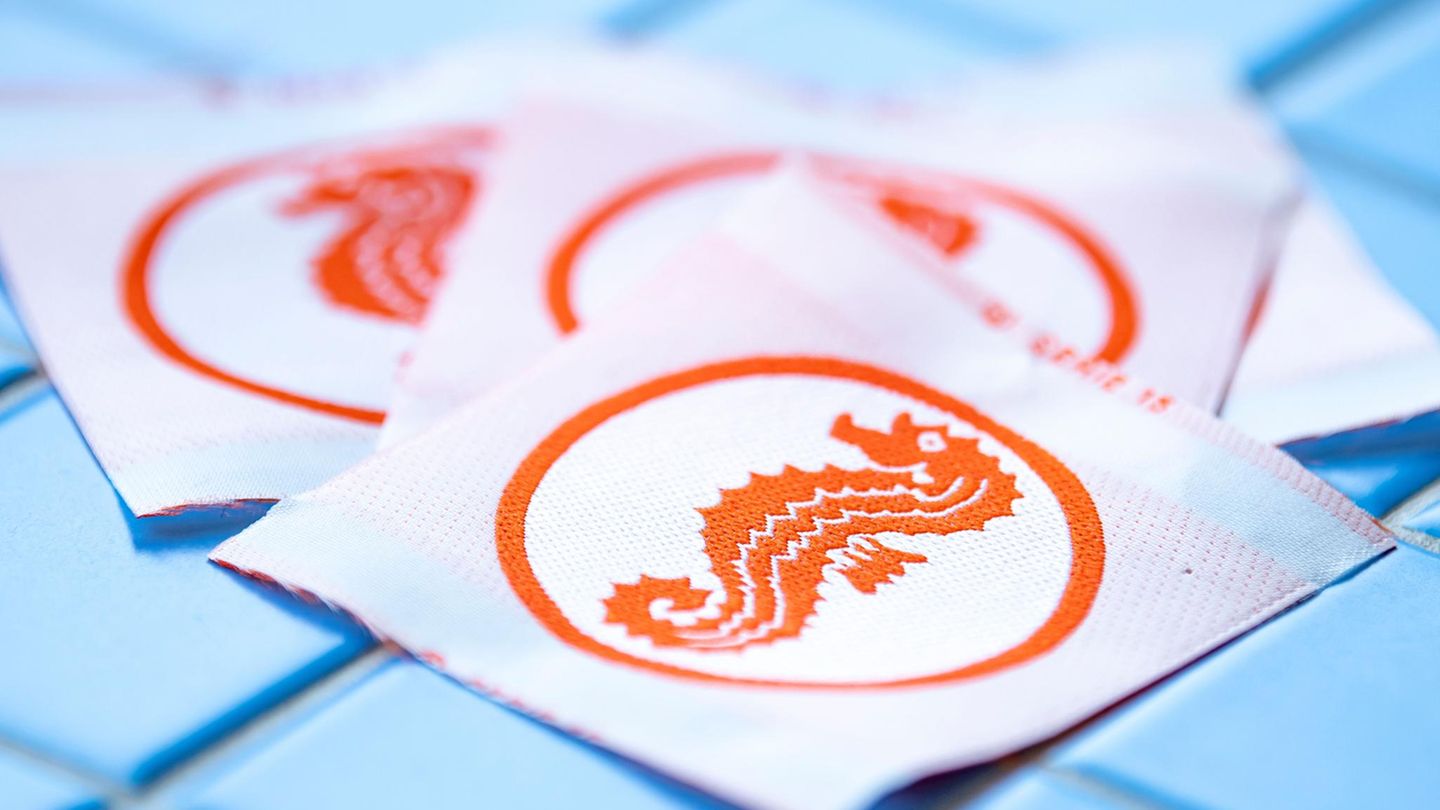The Minister of Agriculture emphasized this Wednesday the “necessary goals” in terms of self-sufficiency in cereals by reducing external dependence and increasing production, and also ensured that problems with producers have already been overcome.
“We propose to achieve 38% self-sufficiency in cereals, corn – 50%, pesticides – 20% and rice – 80%. These are very challenging goals that we propose,” said the Minister of Agriculture and Food. Maria do Seu Antunes in Luce’s statements.
The minister spoke after a meeting of the working group on cereals, which presented the status of the strategy for the sector, as well as the Strategic Plan for the Common Agricultural Policy (PEPAC).
At this meeting, in addition to the government, industry associations of corn, pests and rice were represented.
As the Minister of Agriculture emphasized, the grain strategy is a set of priority axes that include, for example, reducing external dependence, increasing production areas, and creating value for the grain sector. for the entire territory.
These goals materialize through producer organizations and interprofessional classes.
“The big challenge facing the sector, which has yet to be solved, is the creation of interprofessional classes, which is necessary to ensure the success of this strategy,” he noted.
Added to this is the work being done using the Rural Development Plan (PDR) 2020 and the Recovery and Resilience Plan (PRR) to improve the productive efficiency of the sector, i.e. to produce “more and better, with less”. “.
Maria do Seu Antunes stressed that PEPAC has five linked payments for protein crops, cereals, pests, corn kernels and silage corn, and certified seeds.
Assistance is also being added through agro-environmental measures and environmental schemes to help farmers prepare for the need to “produce more with less”.
In August 2021, grain and corn associations suspended their participation in the National Grain Production Strategy Monitoring Commission (ENPPC), blaming the government for a possible disruption in the national market.
The Minister of Agriculture assured that “this situation is over” and that the departure of the working group was a “form of manifestation” of the industry, which realized that it could receive related support.
However, “as drafted, this measure was not fair as it did not take into account some sub-sectors such as silage corn. Since there were no conditions to develop a measure with this requirement of fairness, we realized that we had to do it from January 2022.” he explained.
The official also emphasized that the work “did not stop” and that the sector received support during this period.
Among the emergency measures to combat the war in Ukraine and the drought, 57 million euros of support are being allocated here while administrative procedures are ongoing.
“There is a whole effort, in addition to what we think about our near future, we think about today,” he stressed.
With regard to the animal feed sector hit by drought and rural fires, Maria do Seu Antunes said that measures have been taken such as supporting green electricity and exempting rations from VAT.
There is also a measure that uses eight million euros from the European Union’s anti-crisis reserve and 16 million euros from the state budget to finance the pork, poultry and eggs and cow’s milk sectors.
Author: Lusa
Source: CM Jornal




